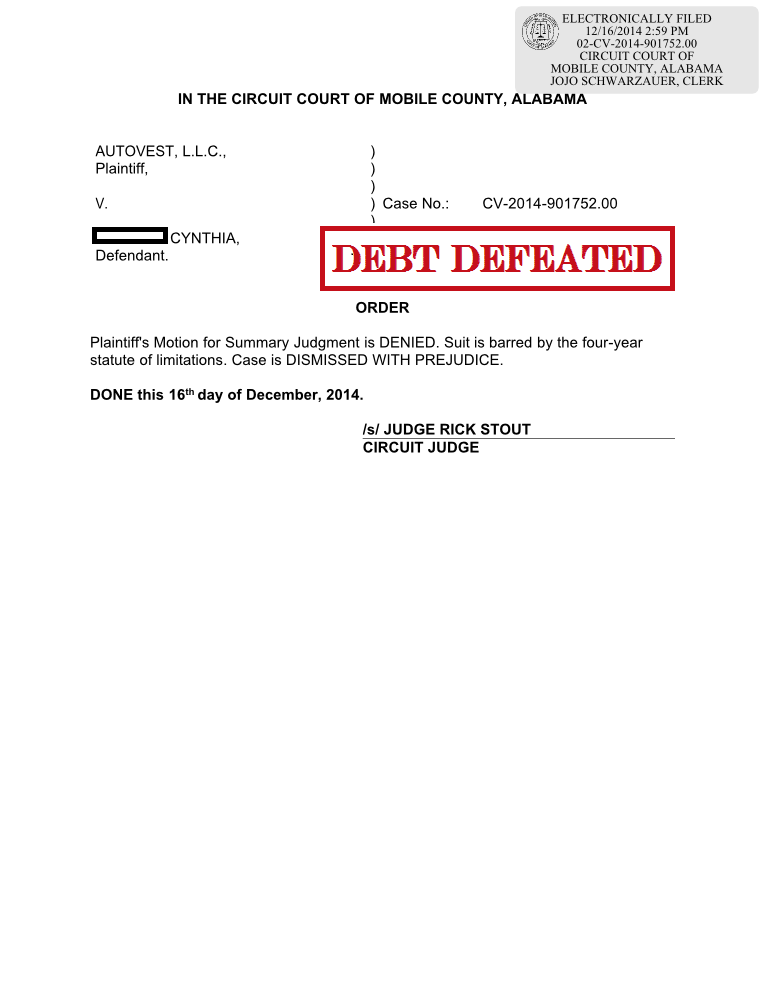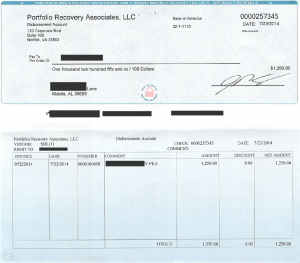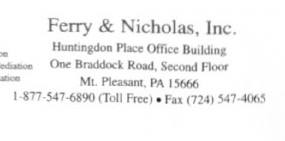Are You Getting Harassing Telephone Calls From Debt Collectors? They Might Be Illegal!
Sure, a bona fide creditor has a right to ask you for payment, but when do good faith collection efforts end and illegal harassment begin?
There are basically two ways that a phone call can be illegal:
- The call itself is illegal (meaning the debt collector never had business making the call in the first place); and
- The content of the call is illegal (meaning that the caller breaks the law by saying something deceptive, abusive, or offensive).
I. Categorically Illegal Phone Calls
Let’s start with the first category. While there is, of course, nobody policing every phone call made (I hope), a business usually should have a legitimate business purpose in order to call someone. There are two laws that regulate debt collectors’ telephone calls: the Telephone Consumer Protection Act (TCPA) and the Fair Debt Collection Practices Act (FDCPA).
The TCPA says that a business (like a debt collection agency) is not allowed to use automated dialing systems to call or text people without their express consent. In other words, a debt collector can’t call you without your permission – IF they’re using an automated dialing system. Fortunately, most collection agencies, mortgage servicers, and other large companies do use autodialers to make collection calls. The rule is simple, but it has more implications than you may realize. Here’s some examples of calls that violate the TCPA:
- Phone calls and text messages intended for another person (like someone who used to have your cell phone number);
- Phone calls or messages sent to a new cell number that you never gave to the collection agency or your previous creditors – Keep in mind, though, that if you put a phone number on a credit application, collection agencies can use that number to call you.
- Calls, texts, or voice mails made by a collector after you have told them not to contact you on that number – This is called “revoking consent” and once you have revoked consent to a creditor, it applies to all future debt collectors. For instance, if you write HSBC and tell them that they’re no longer allowed to call your cell phone, and HSBC later sells that account to Midland Funding, Midland Funding shouldn’t call that number.
The FDCPA also has some categorical restrictions on phone calls. The two most important ones are:
- A collector can’t call you after 9 PM or before 8 AM – YOUR time zone.
- They cannot call you once they have been notified that you are represented by an attorney.
- They cannot call you at work if they have reason to believe that you’re not allowed to take their calls at work.
After reading this, you should remember that there are a few things you can do right now to reduce your unwanted debt collection calls:
- Notify them that you revoke permission to call your cell phone.
- Notify them that you cannot take any calls at work.
- Hire a lawyer to settle (or “settle”).
II. Illegal Statements or Language in Collection Calls
The second category of illegal debt collector phone calls are those which are illegal because of something the collection agent says. All communications made by a debt collector to a consumer are governed by the federal Fair Debt Collection Practices Act. The FDCPA, as we call it, prohibits debt collectors and their employees from doing certain things in their collection calls. The biggest examples are:
- Lying. Debt collectors cannot make any false statement when they’re trying to collect. For instance, they can’t say that interest is going to accrue if they don’t have the right to collect interest. They can’t say they have a warrant out for your arrest. They can’t say that they’re going to take your home. They can’t report false info on your credit reports.
- Threatening. Debt collectors cannot threaten any legal action they either can’t or don’t intend to take. They can’t say “If you don’t pay us in 2 weeks, we’ll take you to court” if in fact they aren’t really going to take you to court. They can’t threaten to take your car if they don’t have a lien on the car.
- Abusive or Foul Language. A collection agent cannot be obscene, sexually suggestive, insulting, or harassing. They can’t call you a fatass. They cannot call you a whore. They cannot say that you’re a “horrible mother” or a “deadbeat dad.” They cannot use profanity.
- Divulging Private Information. Collection agencies cannot tell other people your business, except your lawyer and your spouse. Live-in girlfriends are not spouses. Baby-daddies are not spouses. If a debt collector calls your house and tells anyone but you or your spouse that you owe money, then they are breaking the law.
If you are getting any of the sorts of calls described above, you may be able to sue for cash damages. If you live in Alabama, call us at 251.272.9148 to discuss your rights.


